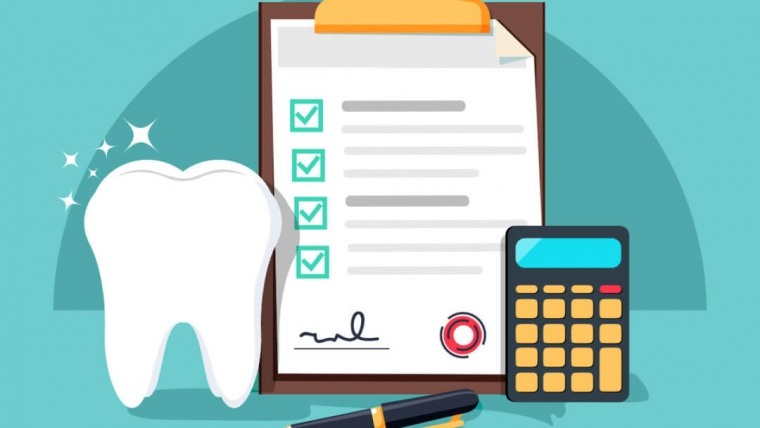Your dentist has recommended extraction of your wisdom teeth. You’ve done your homework and found a specialist you like. Your appointment is on the calendar and now…you wait. Wondering how it’s all going to go? Have questions about the extraction procedure? Talking with your specialist is important. In the meantime, though, here is a sneak preview of what to expect during your wisdom tooth extraction.
Proper Evaluation and Examination
Your specialist should spend a little time with you and ask you questions about your medical and dental history. This is important for assessing potential risks and complications from the procedure, especially because anesthetics will be used. Be honest and open as you answer your specialist’s questions.
Your examination will also use imaging, including panoramic X-ray, which will take a two-dimensional image of the entire dental arch and jaws. These photos are taken so the doctor can know the position of the wisdom tooth relative to other anatomic structures, including adjacent molars, the maxillary sinuses, and the mandibular nerve. In cases where tooth proximity to the nerve is of concern, a cone beam three-dimensional image is required to see the exact position of the roots and the nerve to evaluate the potential risk of possible nerve injury.
Pain Management Options
Pain management is important for wisdom teeth extractions. Local anesthesia is often used by simply numbing the area around the tooth about to be extracted. In more complicated cases (or cases where patient anxiety is particularly acute), general anesthesia can be used instead. Your comfort is incredibly important, so a relaxing environment and a strong relationship with your specialist are key for a smooth procedure. In extreme cases, anti-anxiety medication may be used.
How the Tooth is Removed
In straight-forward procedures, the area around the tooth is numbed and then, using various dental elevators, the specialist loosens the tooth in preparation to remove it from its socket. Using forceps designed for the upper or lower teeth, the specialist then removes the tooth.
More complicated extractions may require using surgical blades to cut the soft tissue around the tooth before elevation. This allows for access to the bone and the tooth, and allows access to other tools designed to remove bone or tooth structure that’s obstructing the removal process. After the tooth removal, any remaining sharp edges of bone will be smoothed and any infected tissue removed. The tissue will then be sutured (closed) to provide optimal healing and reduce any potential bleeding.
After the Extraction
Your specialist will give you specific post-operative instructions after your successful extraction. Likely, they will also prescribe you antibiotics and pain medication. Your post-operative instructions might include recommendations such as avoiding smoking or exercise for a specific period of time after the extraction. Read these instructions carefully and ask any questions you may have. After your extraction, there may be bleeding. Gauze or biting down on a wet tea bag for 10 minutes may help with this. Swelling and bruising are to be expected after wisdom tooth extraction. Ice packs and hot compresses will be recommended. Healing can take between 1 to 2 weeks.
Risks and Complications
While extraction of wisdom teeth is a common procedure, all medical operations come with potential risks. You should be aware that any extraction has a possibility of injuring the adjacent teeth. Perforation of the sinus or fracture of the roots are also risks with extraction. Post-operative infection is also a risk. Talk to your doctor about your concerns and be sure to ask questions before your extraction and afterward. Listen carefully before your procedure starts and when you are being given your post-operative instructions. Active and informed participation will help you minimize your risk for potential complications.
Cost
While most insurances cover wisdom teeth extractions at 80-100%, be sure to work with the front office to get a pre-estimate and whatever other paperwork you need to make sure your extraction is affordable.
Wisdom teeth extraction is a common dental practice. A strong relationship between yourself, your primary dental practitioner and your dental specialist will assure that your extraction will go smoothly. Do your homework, ask your questions, and prepare yourself before you go in for your procedure. Then trust the professionals who are on your team for assuring your best oral health and confident smile.
Are you a Boston-area resident looking for a specialty dental office for your restorative dental needs? Have you been referred by your primary care dental professional for a tooth extraction? Give us a call today. We’d be delighted to talk to you about our modern, advanced techniques and technology and how we can put them to use to restore your best oral health and most confident smile.





